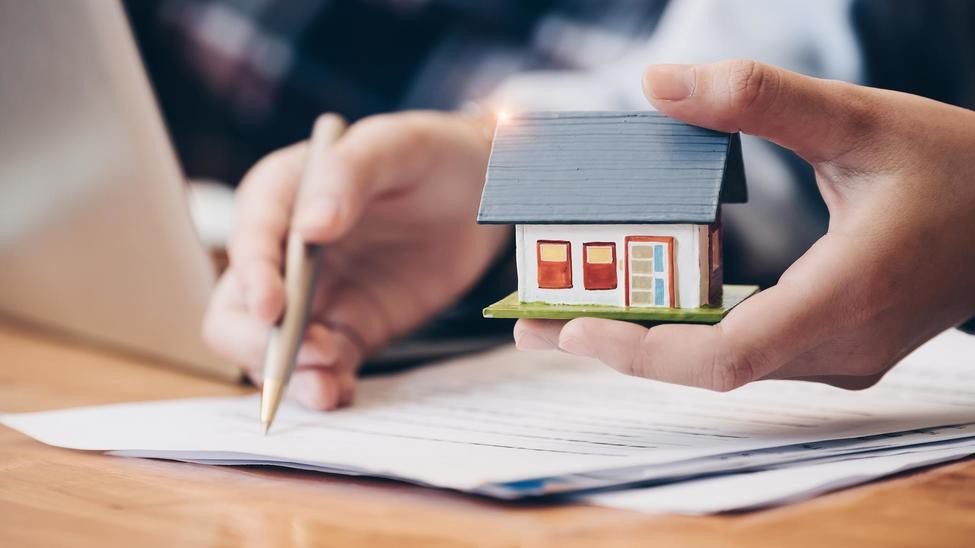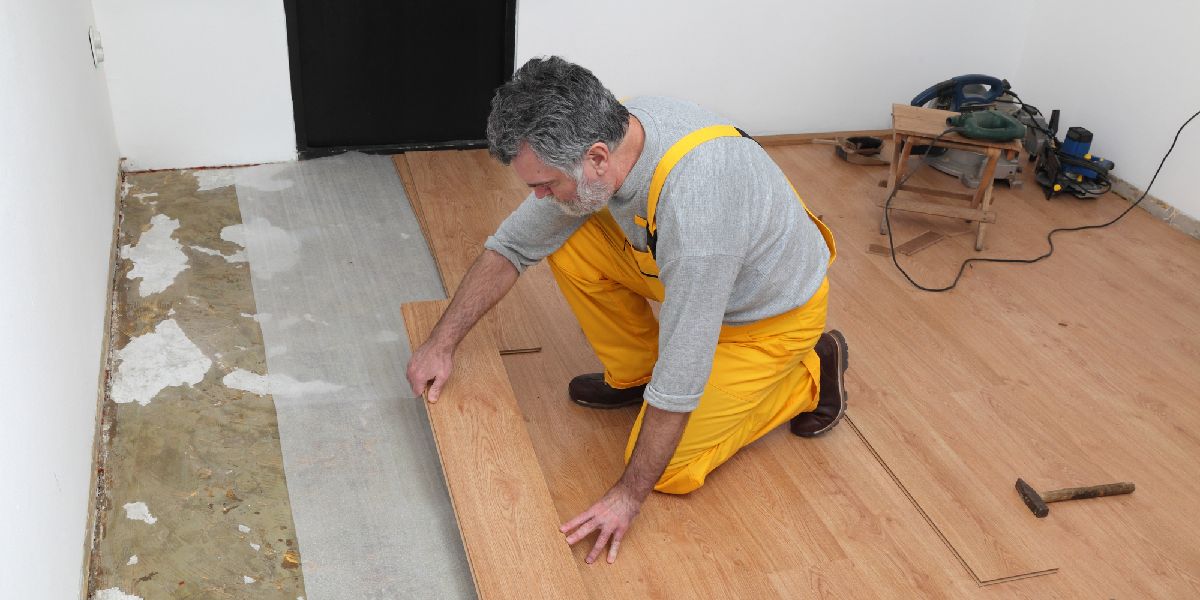Staging your home is a critical step in the process of selling your home quickly. By creating an attractive and inviting atmosphere, you can help potential buyers envision themselves living in the space and increase the chances of receiving offers.
What Is Home Staging
Home staging is the process of preparing a home for sale by creating an appealing and inviting environment that can attract potential buyers. It involves arranging and decorating a home in a way that showcases its best features, maximizes its potential, and helps potential buyers envision themselves living in the space. Home staging aims to create a neutral and aesthetically pleasing atmosphere that can appeal to a wide range of buyers and create an emotional connection with them.
Home staging can be done by homeowners themselves or by professional home stagers who are trained and experienced in creating appealing home environments for sale. Professional home stagers may work with homeowners or real estate agents to optimize the presentation of the home to attract potential buyers and help it stand out in a competitive real estate market.
Home Staging Benefits
According to a report from the National Association of Realtors (NAR), 58% of buyers’ agents cited that home staging had an effect on most buyers’ view of the home most of the time, while 31% said that home staging has an effect, but not always.
Home staging offers several benefits for homeowners looking to sell their property quickly and at a desirable price. Some of the main benefits of home staging include:
Faster Sale: Staging your home can help it sell more quickly by making it more appealing to potential buyers. A well-staged home creates a positive first impression and helps buyers envision themselves living in the space, which can lead to more offers and a faster sale.
Higher Sale Price: Staging can potentially result in a higher sale price for your home. When a home is properly staged, it can highlight its best features and create a sense of value, which may justify a higher listing price. Additionally, a well-staged home may attract more potential buyers, leading to increased demand and potentially multiple offers, which can drive up the sale price.
Competitive Edge: In a competitive real estate market, staging can give your home a competitive edge. Staging can help your home stand out among other listings, especially in online photos and virtual tours, which are increasingly important in the modern home-buying process. A well-staged home can capture the attention of potential buyers and make your property memorable.
Maximizes Potential: Home staging allows you to showcase the full potential of your home. By decluttering, depersonalizing, and organizing, you can create a more spacious and visually appealing environment that highlights the best features of your home. This can help potential buyers see the true value and possibilities of the space, leading to increased interest and offers.
Emotional Connection: Staging your home can create an emotional connection with potential buyers, which can lead to a higher likelihood of them making an offer. A well-staged home can create a welcoming and inviting atmosphere that evokes positive emotions, helping potential buyers see themselves living in the space and forming an emotional attachment to it.
Cost-Effective: Home staging can be a cost-effective way to enhance the appeal of your home compared to other home improvement projects. Staging typically involves minimal renovations or upgrades and focuses on cosmetic changes such as decluttering, organizing, and decor. The return on investment (ROI) of home staging can be substantial, as it can potentially lead to a faster sale and higher sale price.
In summary, home staging can offer several benefits to homeowners looking to sell their home quickly and at a desirable price. It can help create an attractive and inviting environment that appeals to potential buyers, enhances the value of the home, and gives it a competitive edge in the real estate market.
Here are some tips on how to stage your home for a quick sale:
Declutter and Depersonalize
Home staging is an important part of the home-selling process, as it helps to create a pleasant and inviting atmosphere that will attract potential buyers. Decluttering and depersonalizing your home are essential steps in making sure that prospective buyers can picture themselves living in the house.
Start by removing all visible clutter from the floor, such as shoes, toys, magazines and newspapers. Make sure to clean out closets, drawers and cabinets as well. Take down any personal photos or decorations that are too specific to your tastes. This will help buyers envision the home in its full potential without being distracted by items that don’t convey a neutral atmosphere.
Deep Clean
A deep clean for home staging is a critical step that ensures your home looks its best for potential buyers. It includes more intensive cleaning than a regular cleaning, often including areas such as baseboards and light fixtures, as well as detailed dusting and wiping of surfaces.
By investing in this type of comprehensive cleaning prior to any showings, buyers are more likely to be impressed with the overall condition of the home. Additionally, it may help to create a lasting impression that could potentially influence their decision in making an offer on the property.
When it comes to deep cleaning for home staging, it is important to remember that small details can make a big difference. From wiping down surfaces to dusting light fixtures and blinds, there are multiple areas of the home that can be taken care of.
Additionally, it is important to take into consideration how deep cleaning could affect the overall look and feel of the property such as carpets or floors.
Overall, deep cleaning for home staging can help potential buyers to see a property in its best light. This kind of thorough cleaning can help to create a lasting impression that could potentially influence their decision in making an offer on the property.
Enhance Curb Appeal
Home staging is a great way to increase the curb appeal of your house and draw in more potential buyers. By sprucing up the outside of your home, you can make it look more inviting and add value to your property. Here are some tips for enhancing your home’s curb appeal:
1. Start with the basics by keeping your lawn mowed, trimming hedges and trees, and removing any debris or dead leaves.
2. Add some color to your home’s exterior with a fresh coat of paint or vibrant flowers in the garden beds. Consider painting the front door a different color than the rest of the house to make it stand out more.
3. Update the exterior lighting with modern fixtures to brighten up the area and make it look more inviting. Consider motion-sensored lights for added security
4. Replace any worn or outdated hardware (such as doorknobs, house numbers, etc.) with new ones that match your home’s style.
5. Upgrade the driveway and walkways with some fresh gravel or pavers to make it look more appealing.
6. Create a welcoming entryway by adding a seating area, decorative planters, or even an arbor with climbing plants.
Neutralize Colors and Decor
When it comes to home staging, neutralizing the colors and decor of a space is key. This means avoiding bold or bright colors and patterns that may be too personal for a potential buyer. Instead, creating an inviting and pleasant atmosphere with light, calming tones will help buyers envision themselves living in the property.
Choose soft white walls as your backdrop so that furniture and accents can be used to add texture, color, and personality. Furnishings should be comfortable yet timeless such as a classic neutral sofa or simple wood furniture, so that potential buyers do not feel overwhelmed by the decor.
Finally, adding accents such as plants, mirrors, rugs, or art will help bring life into the space without detracting from its neutral palette. By using a combination of these design elements, you can create an inviting and pleasant atmosphere that will help home buyers feel comfortable while they tour the property.
Organize and Stage Each Room
Home staging is a great way to help make your home more attractive to potential buyers. When you are staging each room of your home, it’s important to create a space that is welcoming and inviting. This can be done by decluttering, rearranging the furniture, and adding fresh decor.
Start with one room at a time and take a look around to determine how you can best use the space. Remove any furniture or items that are not necessary, such as extra chairs or old rugs. Rearrange furniture to create a more open and inviting atmosphere. Place larger pieces of furniture against walls and smaller items in the center of the room to create a sense of balance.
Add a few decorative items such as plants, pillows, wall art, or books. Choose pieces that will be appealing to potential buyers without detracting from the overall look of the room. For example, if you are staging a bedroom, opt for neutral colors and sleek lines instead of bright colors and busy patterns.
Fix Minor Repairs
For home staging, it is important to go through your house and make any minor repairs that need attention. This could include repairing broken fixtures such as door knobs and hinges, replacing light bulbs, resealing grout in the kitchen or bathroom, patching holes in walls, tightening loose screws on furniture, etc. These minor repairs can help create a positive impression for potential buyers.
Additionally, if you have any paint that is chipped or peeled, it is recommended to apply a fresh coat of paint before staging your home, this can make a big difference in the overall feel of the space.
Finally, decluttering and organizing all of your items throughout the house will also help to improve the visual appeal of the home. By taking care of these small repairs and tidying up around your house, you will be able to make a good impression on buyers and help them envision themselves living in the space.
Walls and Ceilings
Walls and ceilings are a very important factor when it comes to home staging. They help to create an atmosphere that is inviting, exciting and welcoming. The color, texture and overall design of these elements can make or break the look of a room.
When selecting walls for your home staging project, consider the size of the room and the colors you want to emphasize. Light colors can make a room look larger and brighter, while dark colors are better for creating a cozy atmosphere. You should also consider what type of materials you want to use; wallpaper, paint, or even wood paneling are all good options.
Storage Space
Storage is a critical element when it comes to home staging. You will want to make sure that you have enough storage space in every room of your home to be able to store excess furniture and other items while keeping the space looking clean and organized. If you don’t have enough storage space, you may need to rent some extra storage or look into purchasing some additional furniture that has hidden storage space.
FAQ’s
What is the goal of home staging?
The main goal of home staging is to increase the perceived value of a property, making it more appealing to potential buyers who can envision themselves living in the space.
How Expensive Is Home Staging?
Home staging is a great way to add value and appeal to your home when you are putting it on the market. Although it requires some investment, the money spent can be well worth it in the long run. The cost of home staging can vary greatly depending on what exactly needs to be done, but for an average-sized house, you can expect to spend around $1,000-$2,000. The costs will also depend on the size of the house and the amount of furniture and decorations that need to be added or rearranged.
Why Use Home Staging To Sell A House?
Home staging can help make a house stand out in a crowded market and increase its value. It is important to understand how home staging can help you sell your house quickly and at the highest possible price.
How Important Is Home Staging?
Home staging is an important part of selling a property, as it can help the home stand out from other listings and give potential buyers an idea of the possibilities for the space. Home staging involves preparing a home so that its best features are highlighted and any flaws or deficiencies are minimized.
Conclusion
Remember, staging your home is about creating a neutral and inviting space that allows potential buyers to envision themselves living there. By following these tips, you can increase the likelihood of selling your home quickly and at a desirable price.














